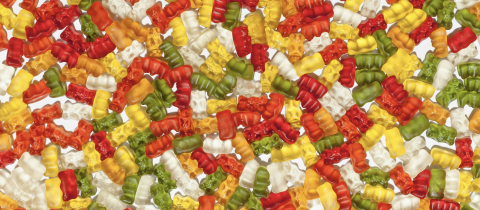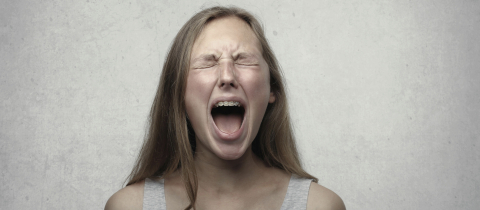This article was first published in The Montreal Gazette.
By now, you should have recovered from the switch to Daylight Saving Time. Losing an hour’s sleep is not easy for most of us since roughly one-third of adults report getting insufficient sleep as it is. Apart from making it hard to drag yourself into work, too little sleep is bad for our health and contributes to obesity, diabetes, heart disease and stroke risk. But until the day when DST is abolished, the best way to improve your sleep is with sleep hygiene.
Sleep hygiene is the collection of behaviours and tips that can be used to minimize insomnia and sleep deprivation. Many of the components of sleep hygiene are possibly self evident, whereas others we do wrong on a daily basis.
The best advice is to stop using our phones before bed. The light from our phones, tablets, televisions and myriad other devices suppresses the production of melatonin in our brain. Suppressing melatonin then disrupts and delays sleep onset. Our devices are also obvious distractions, and many people spend many sleepless nighttime hours mindlessly scrolling through social media. How much of the problem is the light emitted from our screens and how much is the stimulation they provide is hard to tease out.
Your phone can also be a hindrance to sleep if you’re the type of person who lies awake in bed watching the hours tick away. Removing conventional clocks and smartphones will help you avoid the temptation to repeatedly check the time if you have trouble falling asleep.
Ideally, our bedrooms should be dark and quiet and devoid of distractions. Curtains should block out external light from street lamps, and your room should be sound proof enough that you are not woken up by cars and other outside noises.
You might have long believed that a nightcap or some warm milk will help you sleep. Alcohol will actually make sleep worse, despite its initial sedative effects, and any food or drink will on balance provide more stimulation than sedation. Same with cigarettes, since nicotine also has stimulant effects. Coffee, lest it’s decaffeinated, will obviously keep you awake.
What many people often overlook is the negative impact of napping. Napping for too long or too late in the day will make it harder to fall asleep at your regular bed time. Naps should ideally be under an hour and taken early in the day. By the same token, exercise is best taken early. It’s often thought that exercise will tire you out and help you sleep, but exercise in the hours before bed will make it harder for you to sleep.
One in five adults try sleep medication to help them sleep, U.S. research shows, but there are reasons to be wary. Melatonin is a commonly used over the counter supplement and widely considered to be safe. But its ability to help you fall asleep is modest, and issues with labelling and overdoses are not benign. Benzodiazepines can be habit forming and potentially dangerous, hence the calls to limit their use.
Finally, a regular sleep schedule is key. Having a fixed bedtime is the best way to ensure you get at least seven hours sleep. Shift work and a variable sleep schedule have frequently been identified as cardiovascular risk factors — although it’s always hard to tell how much of that is due to the variable sleep patterns and how much to the fact that shift work tends to lend itself to poor dietary patterns and a lack of exercise. But sleep disruption is partly a factor, and the loss of sleep from the switch to DST is not doing us any favours.
That’s why many professional societies have called for DST to be permanently abolished. It wouldn’t solve all our sleep-related problems but it would remove one recurring and unnecessary cause of sleep loss. Sleep hygiene helps with the rest.







